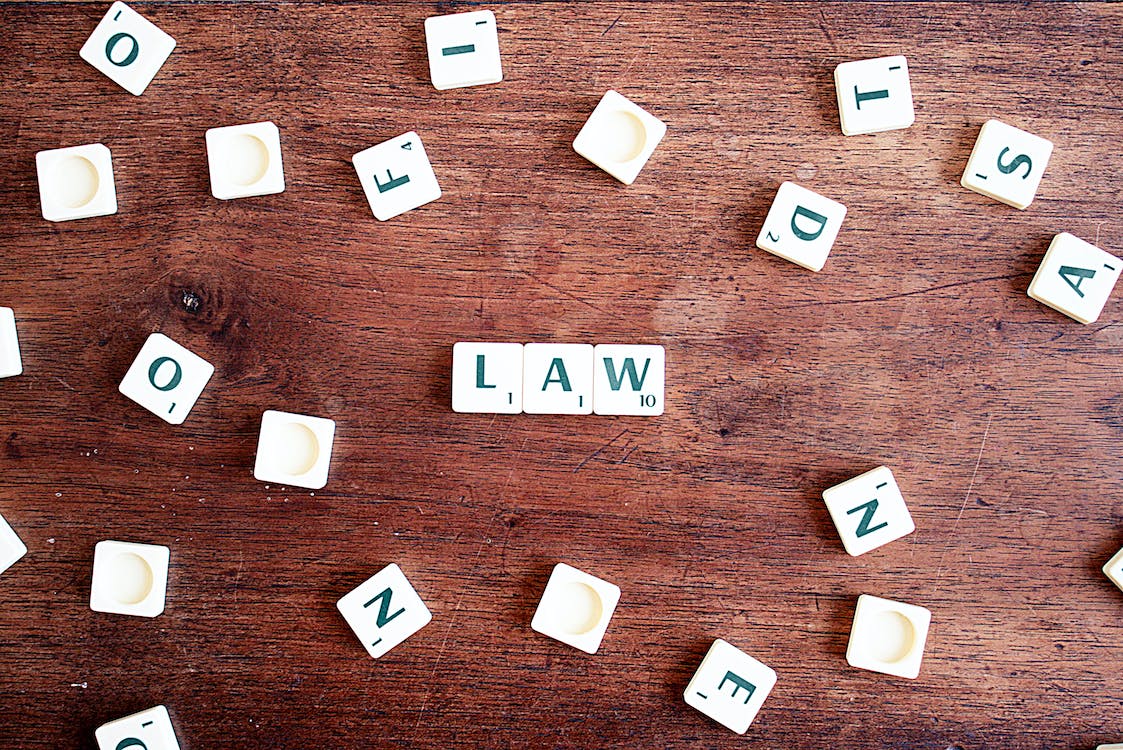It’s simple! You got hurt, and now you want to sue. But before you go ahead, it is imperative to reevaluate what personal injury (legally speaking) is. The word ‘injury’ in personal injury covers both emotional and physical injury. When someone commits any act to damage or hurt you intentionally, you can sue them for personal injury. A little confused, now that we’ve laid it out for you? Let’s define personal injury a little better and understand why you need a personal injury lawyer.
How Do You Legally Define Personal Injury?
Here’s what the law books say: when a person’s mind, body, or emotions are injured, it counts as a personal injury. It’s sometimes called ‘tort law,’ tort meaning ‘harm’ or ‘injury’ in Latin. Several incidents can cause injury, including carelessness, wrongful conduct, and negligence. Depending on the circumstances, you’ll come across several types of personal injury. Still, when you’re nursing a profound wound, it may be challenging to figure out if your case falls under the purview of personal injury. That’s when you should get a personal injury lawyer to help you parse the problem better. For instance, when you visit georgiatrialfirm.com/duluth/, you can research your bit to determine if your case is a part of personal injury cases to obtain a sigh of relief.
When Do You Sue for Personal Injury?
What will you do when you are confused about whether it is a case for personal injury or not? Here’s a list of grounds to help you figure out the problem. If you satisfy any of these grounds, you can sue for personal injury.
Negligence
You may have read plaintiffs that state that an injury is caused due to ‘negligent behavior.’ What does ‘negligent’ mean here, and how does it establish a case for personal injury? To prove negligence, you first need to show that the person was duly bound to care in your situation. The next step is to show how the party failed to fulfill the duty, which resulted in breached conduct. After this, it is straightforward to establish a case for personal injury. The only thing you need to prove next is that their breached conduct caused the harm.
For example, the owner of a chemical factory has a duty to ensure that the waste their factory generates is disposed of properly. The waste released should not cause harm to anyone. If the person fails to fulfill this job, it will amount to a breach of duty and eventually cause injury to someone. Similarly, failing to fulfill obligations set by legislatures can also amount to negligence and personal injury.
Strict Liability
You can be held liable even when you have not wronged in cases of strict liability. The only thing that matters in cases involving strict liability is the injury caused to another person. In such cases, the intention of the wrongdoer does not count. For proving strict liability, you need to show that the defendant caused an injury.
For example, a company claims that its health drink boosts immunity. You purchase the product thinking it’s healthy for your body. But, instead of showing positive results, it causes a stomach ache. The product had a manufacturing defect that caused you harm. This is enough for you to sue for personal injury even if the harm was not intended.
Intentional Conduct
When a person intentionally causes harm to another, you call it ‘intentional conduct.’ This is the opposite of negligence. In such cases, both civil and criminal suits can be initiated by the plaintiff against the wrongdoer. Both person and property can fall prey to intentional misconduct. If a person tries to hit you or damage the property, you can move court under this ground for personal injury. Defamation is included within intentional conduct. A victim of intentional conduct requires a lot of time to recover from the harm caused and charge adequate damages. A skilled personal injury lawyer is required to deal with such cases efficiently.
If your case falls under any one of these grounds, contact an attorney immediately. They are experienced in dealing with such issues. Another reason to seek help from an attorney is that they’ll give you proper guidance. Dealing with a case of personal injury without the help of an attorney can sometimes prove too tricky to see all the way through. Moreover, an attorney will help you obtain damages for the losses you incurred.
There are several personal injury lawyers you can connect with to ask for all kinds of legal aid. Make sure you choose one who has sizable experience in dealing with cases like yours.
